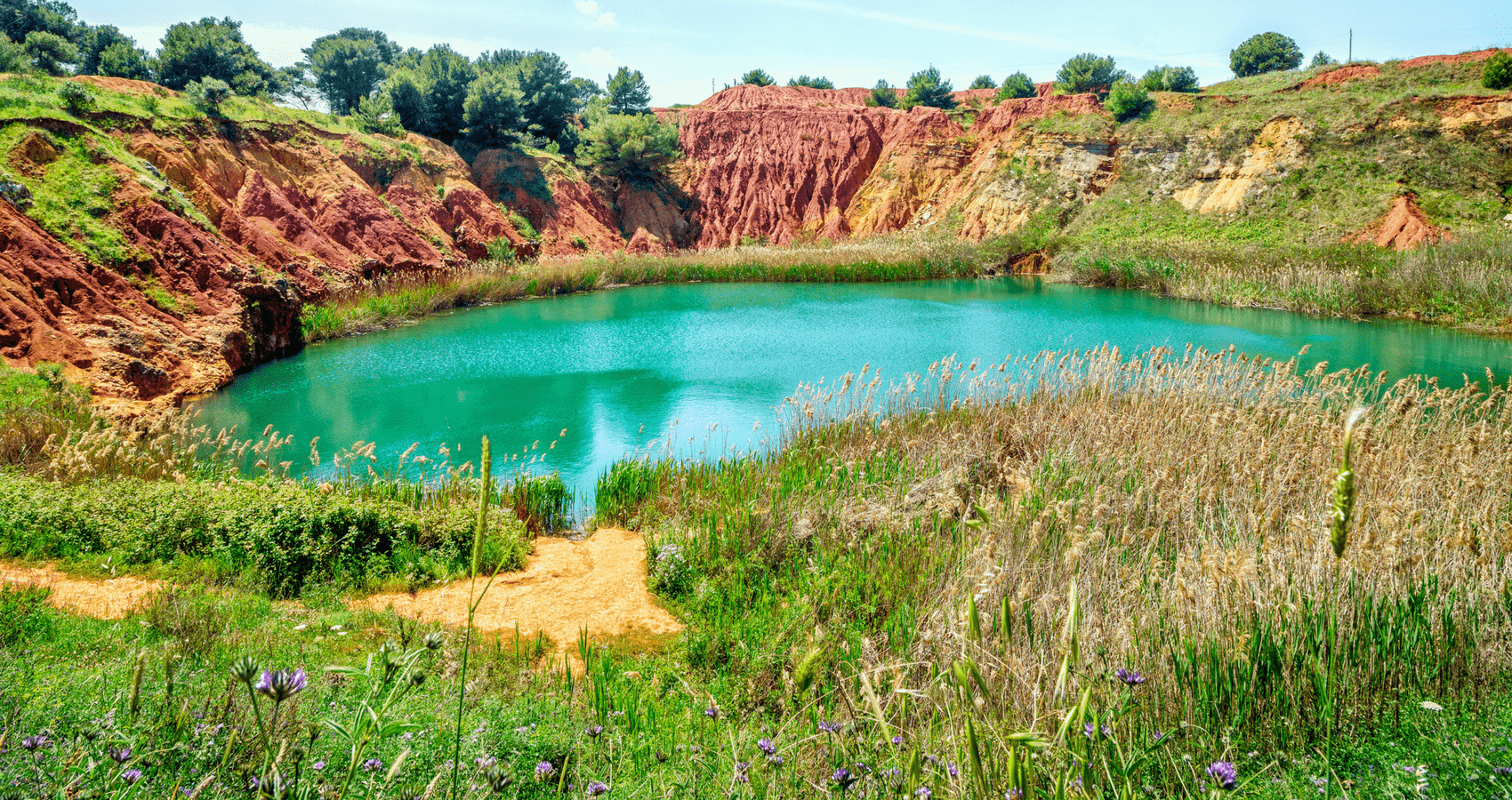The first training session of this series was held from July 3 to 14, 2017, in Senegal, with 21 engineers, geologists and mine inspectors participating, in partnership with PanAfGeo. The course focused on the West and Central African region with the goals of: introducing environmental management of mines; identifying opportunities for what professionals and government staff can do for the environmental management of mines; analyzing the role of the authority where their work is being conducted; presenting principles and guidelines; examining case studies and examples; and forming a local professional network of trainees and trainers.
The training program covered a variety of activities related to environmental management of mines, including:
- Introduction and overview of each trainee’s role and authority
- Presentations and lectures
- Facilitated groups and plenary
- Field visits and exercises
- Presentations by participants in groups
- Individual action plans.
Throughout the training session, lecturers also presented key information regarding the environmental management of mines, covering topics such as:
- Regional legal framework
- Small-scale mining
- Environmental impact assessment
- Acid rock drainage and waste management
- Hydrogeology, water and mines
- Mercury and cyanide in gold mining
- Mine rehabilitation and mine closure
- Public participation, sustainability and post-mining projects.
Participants had the opportunity to visit the Lam-Lam phosphate deposits and the Grand Côtes Operations’ (GCO) heavy mineral sands project during their site visits. Throughout the visit, basic tools and methods were used for documentation and mapping. Participants showed a strong interest in data collection and documentation of the site visit, using inexpensive tools such as GPS positioning and photos tagged with the date, coordinates, compass bearings and text. Emphasis was placed on assembling a library of observations made with readily available tools and without the need for additional equipment other than pen, paper, compass, hand lens, pH meter and a smartphone. Participants were also shown simple mapping tools currently available on smartphones, allowing for the collection of GIS data. They were also introduced to useful and simple standardized assessment protocols for inspection of streams and mines.
A key outcome of the training session is how participants and trainers from the region strengthened a critical professional and regional network. The training’s lasting contribution is the contacts established between participants, and between participants and trainers, so as to foster the valuable sharing of experiences from mining, environmental management and governance principles.
Fostering discussions and debates both before and after sessions is a priority throughout the training session, as they help strengthen the understanding of concepts of environmental management of mines just as much as the scientific content of lectures. Topics of discussion throughout the training session focused on mine rehabilitation, mine closure, public participation, stakeholder interaction, and governance principles and challenges.
The training was jointly organized by the Geological Survey of Sweden (SGU) and the Direction de la Prospection et de la Promotion Minière (DPPM), Senegal.
For questions regarding WP4, please contact:
WP4 Co-Leader Berndt Pettersson (SGU): berndt.pettersson@sgu.se
WP4 Co-Leader Molatlhegi Moseki (Botswana Geoscience Institute): mmoseki@gov.bw
WP4 Deputy Co-Leader Lamine Diouf (MIM-DPPM): laminodiouf@yahoo.fr

